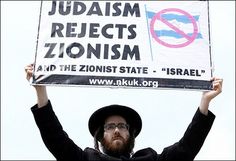
“If there are other inhabitants there, they must be transferred to some other place. We must take over the land. We have a greater and nobler ideal than preserving several hundred thousands of Arab fellahin.”
Menahem Ussishkin, chair of Jewish National Fund, 1930.
There is a lot of discussion about Zionism at the moment: how to define it, what it means to be anti-Zionist and whether that equates to antisemitism, and so on. But there has been a notable, and instructive, absence in these debates: an understanding of what Zionism has meant for Palestinians.
Let us first consider some definitions of Zionism that have been suggested recently.
On BBC Radio 4 earlier this month, senior journalist at The Guardian Jonathan Freedland defined a Zionist as someone who is “no more or no less than somebody who supports the existence of a Jewish home in Palestine”, before clarifying that he specifically meant a “Jewish state in Palestine”. For Times columnist David Aaronovitch, “Zionism is just support for the idea of a Jewish state.”
Meanwhile, a proposed change in the Labour party’s rules being advocated by the Jewish Labour Movement states: “Zionism is no single concept other than the basic expression of the national identity of the Jewish people, a right to which all people are entitled.”
According to the head of pro-Israel lobby group BICOM, James Sorene, “Zionism is the national liberation movement of the Jewish people.” Elsewhere, BICOM was pithier: Zionism is “a movement for the national self-determination and liberation of Jews.”
Note how many of these definitions are explicitly and assertively simple: “no more or no less”, “just”, “no single concept other than”. In other words, do not ask any further questions. Don’t complicate things. And above all, don’t mention the Palestinians.
Take an article published by the BBC in the last 24 hours on ‘What’s the difference between anti-Semitism and anti-Zionism?’ While the piece reflects a variety of opinions, even references to Palestinians (let alone quoting one) are few and far between.
The best it gets is this: “Some anti-Zionists say Zionism itself is a racist ideology, because of how, in their view, the Palestinian people have been treated by the Israeli state.” But there is a complete lack of specifics. How are Palestinians treated by the Israeli state?
Or take this item by BBC Radio 1’s Newsbeat, which attempts to define terms such as antisemitism and Zionism. “After the Holocaust, Jewish people were allocated land to settle on. They considered the region of Israel their homeland. However, many of the Arab people who were already living in Palestine and the surrounding areas found it unfair.”
What did they find ‘unfair’? The Palestinians’ objections are unexplained, and thus appear irrational, or even prejudiced.
So let us recall some basic history. In 1897, when the first Zionist Congress was held in Basle, the population of Palestine was approximately 96 percent Arab and 4 percent Jewish. At the time of the Balfour Declaration in 1917, Jews were still less than 10 per cent of Palestine’s population.
Thus while Zionism may have been conceived of as a movement for Jewish self-determination – and as we’ve seen, that is certainly how it is presented today – in Palestine itself, the creation of a Jewish state directly contradicted the principles of self-determination.
Zionist activists knew that, of course. The Zionist Organisation in London, in the early days of the British Mandate, said the ‘problem’ with democracy is that it
too commonly means majority rule without regard to diversities of types or stages of civilisation or differences of quality…if the crude arithmetical conception of democracy were to be applied now or at some early stage in the future to Palestinian conditions, the majority that would rule would be the Arab majority.
Even by 1947, after waves of Jewish immigration, Palestinian Arabs still constituted two-thirds of Palestine’s population. That same year, a senior U.S. State Department official warned that plans to create a Jewish state in Palestine “ignore such principles as self-determination and majority rule.”
There was thus only one way of establishing a Jewish state in Palestine; removing the land’s non-Jewish inhabitants. In 1947-’49, around 85-90 percent of Palestinians who lived in what became Israel were expelled. Four out of five Palestinian communities were ethnically cleansed.
The Palestinians describe this as the Nakba, Arabic for catastrophe.
These Palestinian refugees, from thriving cities, towns, and villages, were expelled, and prevented from returning – by force, and by legislation. Their lands and properties were expropriated. Refugees who attempted to go home were shot dead.
This is all historical fact, though many continue to deny it. But more disturbingly, some accept what happened – but believe it was worth it.
Winston Churchill thought so, even ahead of time. In 1937, he told the Palestine Royal Commission: “I do not admit for instance, that a great wrong has been done to the Red Indians of America or the black people of Australia. I do not admit that a wrong has been done to these people by the fact that a stronger race… has come in and taken their place.”
Not many people will put it like that these days. But consider the words of Jonathan Freedland, who accepts the “reality” of the Nakba, but believes Israel should “defend it all the same”. For Freedland, creating a Jewish state in Palestine “was a moral necessity even if…it was bought at a horribly high moral price.”
The price, of course, was paid by the Palestinians, and is still being paid. As one Palestinian student wrote in The New York Times recently, his “relatives…did not deserve to be expelled from their homes”, and “nor do any of the Palestinians who are still being uprooted because of Israeli government policies.”
For the Palestinians, Zionism has meant dispossession, exile, colonisation, and apartheid. The absence of these facts from current discussions therefore mirrors the violent ‘disappearing’ of Palestinians that, in the words of one Israeli historian “lay at the heart of the Zionist dream, and was also a necessary condition of its realization.”
source
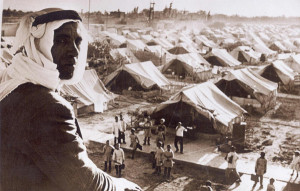
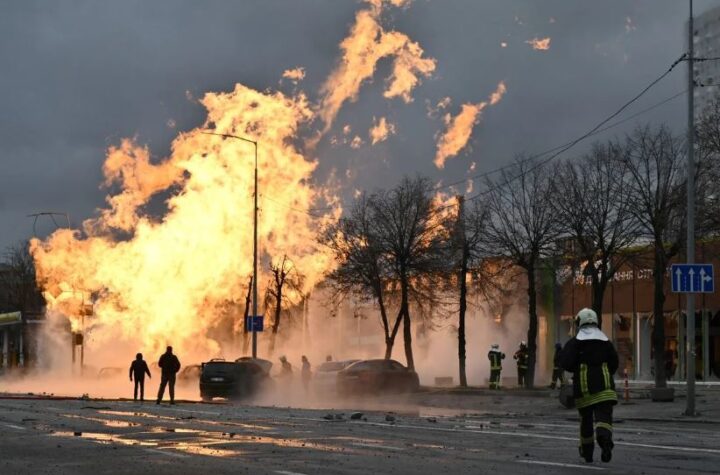
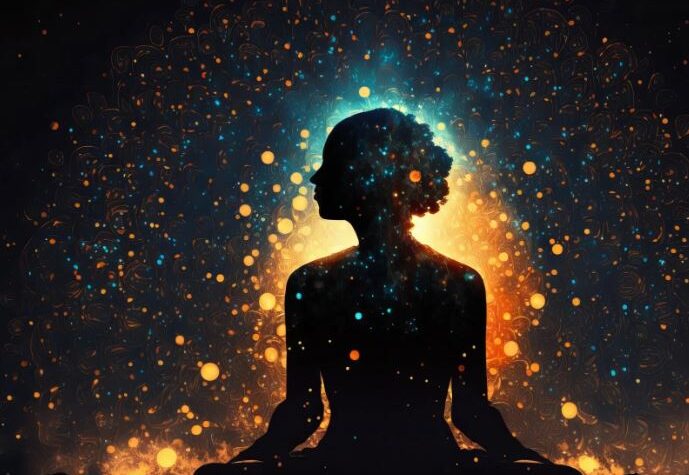
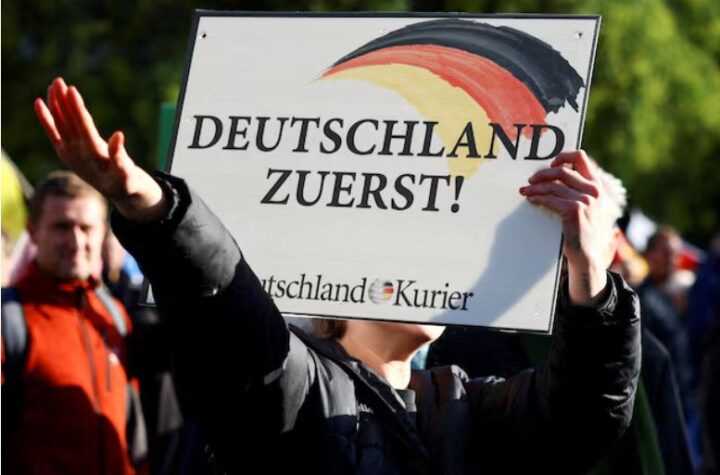
The foundation of the state of Israel took a period of gestation during the 1930s. Active in this process was the zionist groups such as Avraham Stern one of the leaders of the Jewish paramilitary organization Irgun Zvai Leumi. In September 1940, he founded a breakaway militant Zionist group named Lehi, called the “Stern Gang” by the British authorities. During this time both he and his collaborators, including future PMs Yizhak Shamir and Mencham Begin actively considered siding with the Axis powers in a war to ‘liberate’ Palestine from British control. During the war itself members of these incipient zionist militias, were recruited by the British authorities and served in Italy, in a special unit in the British army called the Jewish Brigade. This is where the received their military instruction.
After the war the struggle against the British Palestine protectorate began in earnest. This was a dirty war with terrorist outrages, or if you prefer, freedom fighter operations, on both sides. Principal targets were the British authorities by the blowing up of the King David hotel in Jerusalem, a floor of which was occupied by British intelligence, which resulted in the deaths of 93 persons, and various massacres of arab inhabitants the most notorious being in Deir Yassin took place on April 9, 1948, when around 120 fighters from the Zionist paramilitary groups Irgun and Lehi attacked Deir Yassin, a Palestinian Arab village of roughly 600 people near Jerusalem. The assault occurred as Jewish militia sought to retaliate against the blockade of Jerusalem by Palestinian Arab forces during the civil war that preceded the end of British rule in Palestine.The Palestinians tried to resist the attack, but the village fell after fierce house-to-house fighting.
During and after the battle for the village, 107 Palestinians were murdered, including women and children—some were shot, while others died when hand grenades were thrown into their homes. Several villagers were taken prisoner and may have been killed after being paraded through the streets of West Jerusalem. Four of the attackers were killed, with around 35 injured.
Then followed the series of arab-Israeli wars where Israel amply supported by the US easily overcame the inferior military capacity of the surrounding arab states.
Since 1948 Israel has been continually expanding its frontiers and annexing arab lands which apparently god has given them the divine right to do. Israel is a country which does not define its borders; they are always outwardly flexible. The internal regime is racist and apartheid. Arabs are ‘untermensch’ lesser breeds without the law to quote Kipling. Indeed according to Begin ”Palestinians are beasts walking on two legs’ whilst former IDF (Isreal Defence Force) Chief of staff Rafael Eitan referred to them as ‘drugged roaches in a bottle’ and for good measure added, ‘A good arab is a dead arab’. Another former chief of staff, Moshe Ya’alon, referred to the ‘Palestinian threat’ as like a ”cancer” on which he was performing ”chemotherapy” (Quoted in ‘The Israel Lobby’ by John Mearsheimer and Stephen Walt, p.89)
Yet Israel is always portrayed as the victim and never the perpetrator of violence.
Granted Israel has a right to exist, what it does not have a right to do is continually expand its frontiers in the pursuit of a Greater Israel from the Euphrates to the Nile, as the early zionist programmes envisioned.